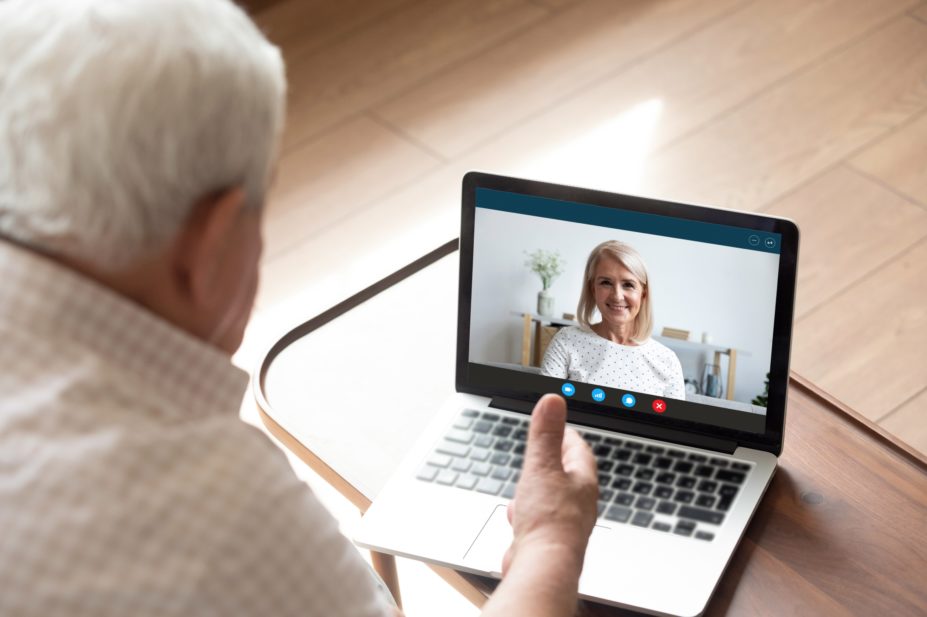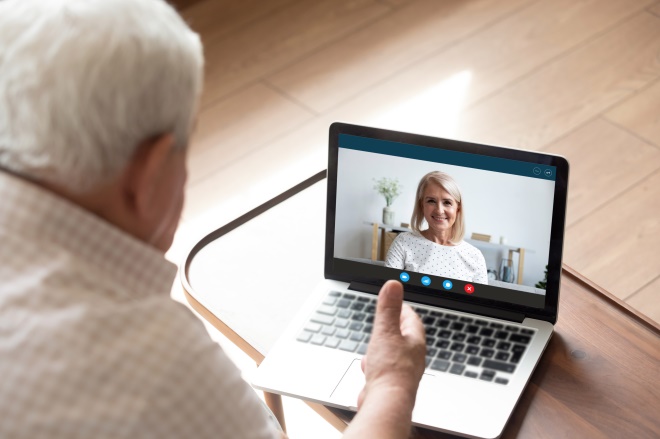
Shutterstock.com
Open access article
The Royal Pharmaceutical Society has made this article free to access in order to help healthcare professionals stay informed about an issue of national importance.
To learn more about coronavirus, please visit: https://www.rpharms.com/resources/pharmacy-guides/wuhan-novel-coronavirus

Source: Shutterstock.com
For the past six years, I’ve been researching the role pharmacists play in end-of-life care and, during the pandemic, I have easily been able to do this from home.
But as the COVID-19 pandemic began to unfold in the UK, I just couldn’t settle. I kept seeing tweets and reading stories about struggling pharmacists across the nation. I wanted to help.
Before my research, I’d worked as a community pharmacist for 15 years and I’ve kept fairly up-to-date with practice since, locuming regularly until about a year ago. So, what could I do to help? I couldn’t bear to ignore my pharmacist colleagues because I’m one of them — if you cut me in half it would say ‘pharmacist’ like a stick of rock. But I have an at-risk child who is taking high-dose steroids. I couldn’t put my son at further risk by potentially catching the virus and bringing it home.
At first, my search for temporary and remote jobs didn’t bear any fruit: NHS 111’s chief pharmacist was looking only for pharmacists to support the service in person. Then, in late March 2020, an MP shared a link on Twitter asking healthcare professionals to register to come back to the NHS. I didn’t hesitate and immediately set about applying. The initial survey was quick and easy to fill in, with options for pharmacists, and to my delight there was an option for remote working.
I was itching to get back to practice, but anxious to know in what capacity I might be required to help, and whether anyone would actually contact me at all. I knew the pace of change in pharmacy has been very quick over the past few years, so I started reading up.
At that time, the priority for the NHS was setting up the pop-up Nightingale hospitals. A month after I first applied, the NHS lead for the project got in touch to ask if I had experience of remote consultations and whether I would be comfortable working remotely as a pharmacist in a 111-type role.
I was sent an onboarding document, which was easy to follow, and I worked my way through the suggested training, identifying the gaps in my knowledge and addressing them. I attended a few webinars about the service, where the team were open to my questions. Technology has never been my forte, but by remotely accessing my computer, the team could make sure I got the right software installed correctly.
I did my first shift for the ‘COVID Clinical Assessment Service’ on 30 May 2020 and it was a very surprising experience. I spoke to some textbook patients whose side effects or interactions could have been straight out of a university objective structured clinical examination, but some cases were more unusual. One patient didn’t know how he was going to get to a hospital appointment, while another caller was a carer trying to manage a person’s overdose.
I’ve found that many patients were worried about symptoms that could be linked to COVID-19, but I’m startled by how scared patients have been to access health services. One patient was having withdrawal symptoms after stopping their medicines and I had to call an ambulance for another. These patients have needed lots of reassurance that they should definitely be accessing healthcare.
Working out how and where to refer people to in the COVID age has been difficult, especially when not all normal services are operational. But shift leaders are always available to help point me in the right direction when I am in doubt.
I have done a few shifts now and I am feeling much more confident with the systems and referral processes. However, it has been tricky fitting the service around my day job; although I can choose exactly which hours I would like to work each week, support sessions are at set times and I am often in other meetings.
It’s been an emotional challenge too. I’ve had some upsetting calls and I have often worried about patients after our call is over, though there’s always the option to call them back.
But these calls are rewarding too — I can make a real difference to someone, just by listening and finding a solution. I’m so pleased to have had the opportunity to contribute to patient care in these strange times, and I feel part of a really valuable service.
Zoe Edwards, research fellow in medicines optimisation, Academic Unit of Palliative Care, Leeds Institute of Health Sciences, University of Leeds; pharmacist, COVID Clinical Assessment Service
You may also be interested in

Calling the shots: the pharmacists combatting vaccine misinformation

Embedding quality improvement in pharmacy practice: a departmental strategy at University Hospitals of Derby and Burton
